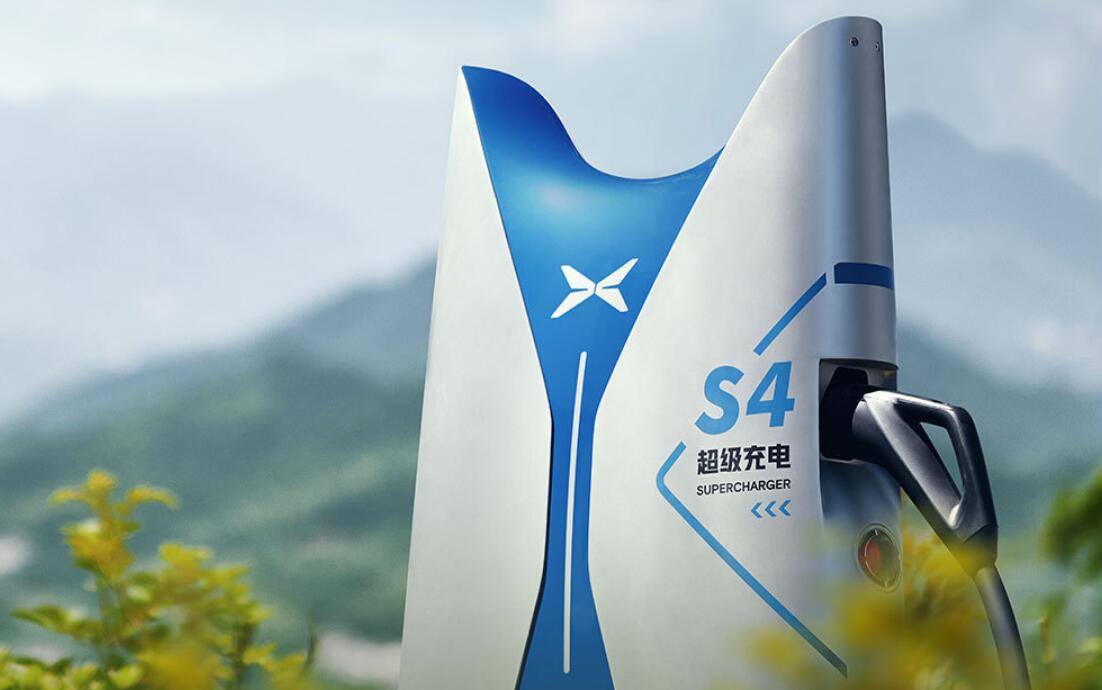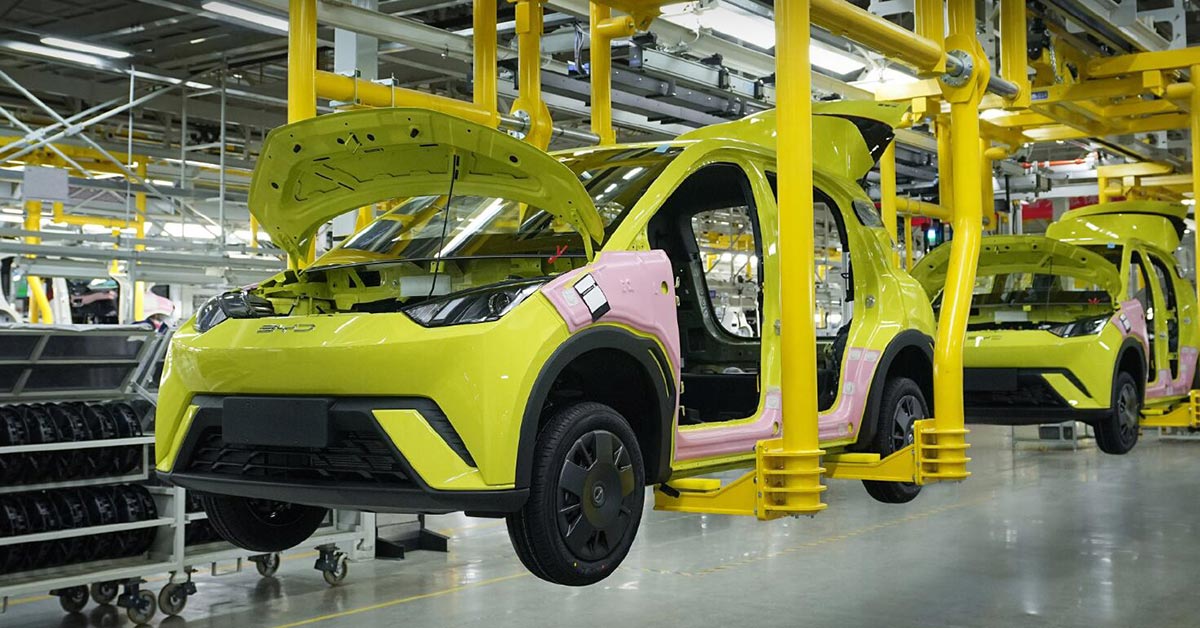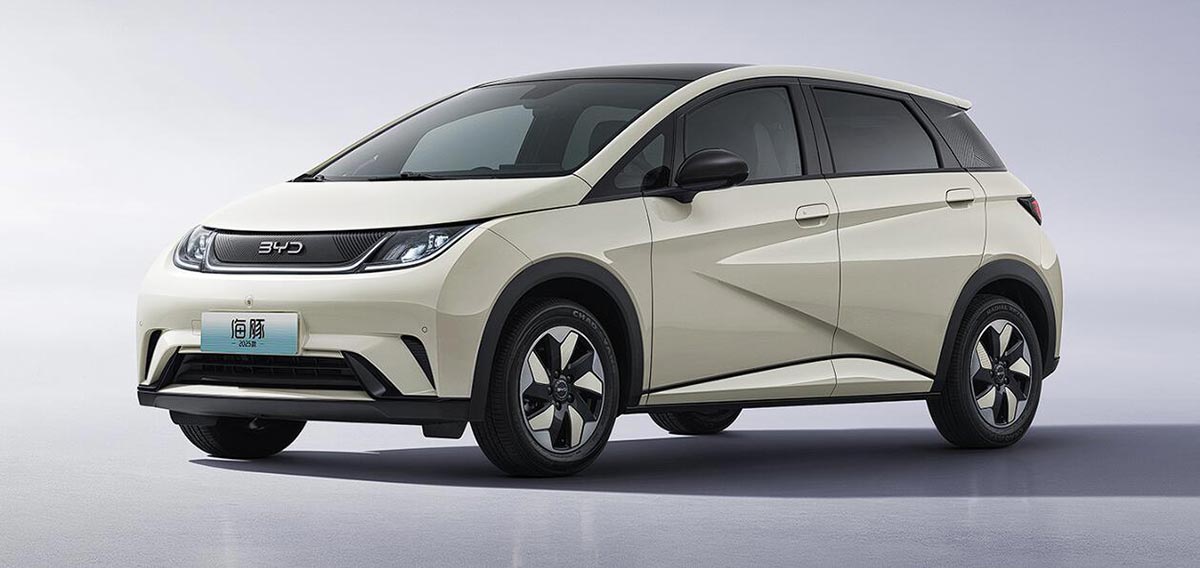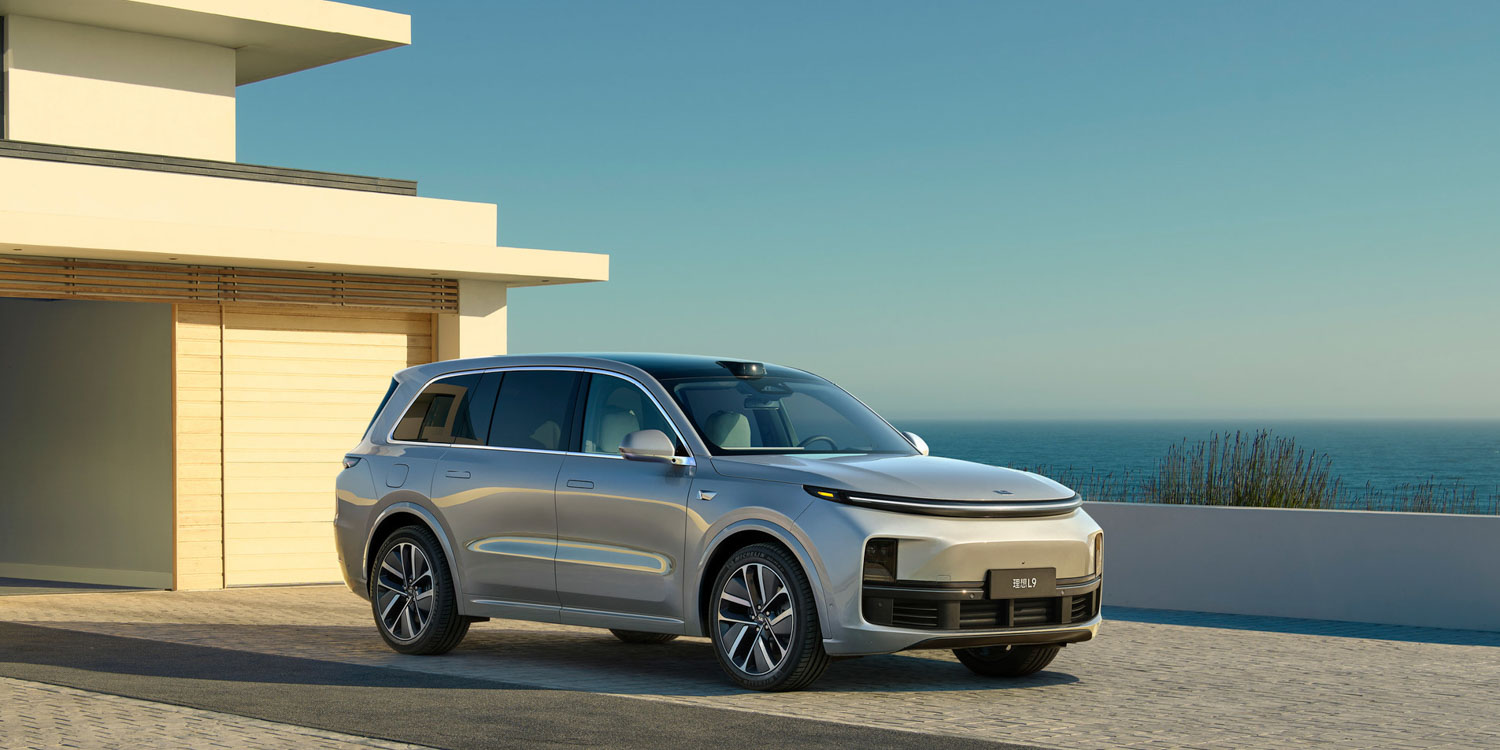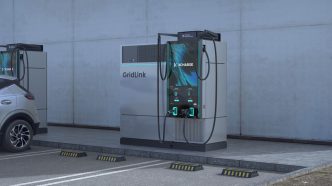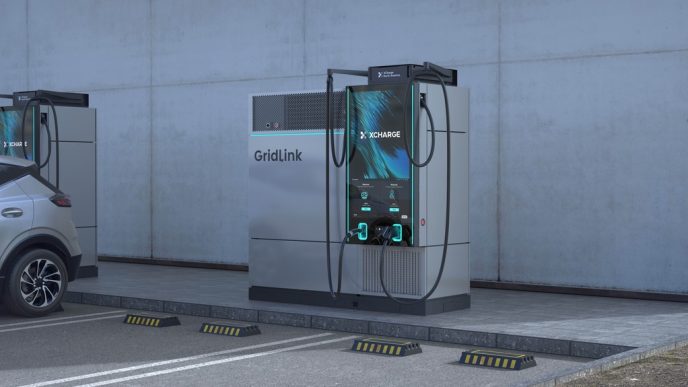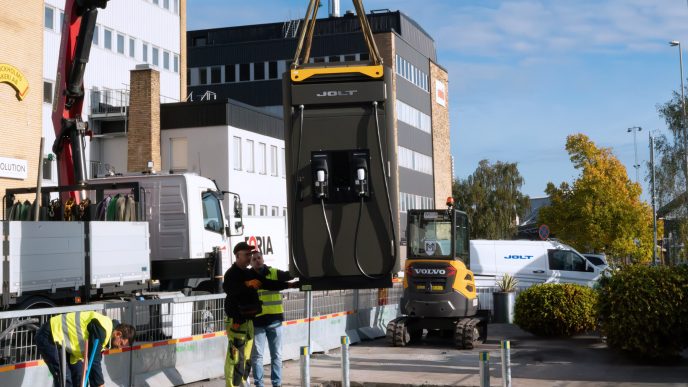A recent analysis of patent applications related to charging technology for electric mobility has underscored China’s dominance in this field, with the country accounting for over 62,000 charging technology patents. In stark contrast, Japan, Germany, South Korea, and the USA collectively contributed between 4,000 and 6,000 patents, highlighting a significant disparity in research and innovation.
Conducted by the Munich-based law firm Grünecker, the analysis focused on annual initial patent applications associated with electric mobility, revealing that charging technology has experienced substantial growth in recent years. In 2014, only ten percent of all e-mobility patent applications were related to charging technology; by 2022, that number soared to 39 percent.
The report attributes this rapid expansion to China’s proactive approach to reducing oil dependency in transportation, spurred by high pollution levels and an extensive infrastructure development involving manufacturers, suppliers, universities, and startups. Specifically, 62,655 patents for charging technology were registered in China, far surpassing Japan’s 5,568 applications, the USA’s 4,306, Germany’s 3,973, and South Korea’s 3,942.
Further reports from electrive have highlighted significant advancements in charging infrastructure from Chinese manufacturers like GAC Aion, Xpeng, and Geely’s Lotus division. Additionally, companies such as CATL and BYD are advancing battery technology, with CATL planning to introduce a new generation of its Qilin battery capable of charging at a rate of 6C by the latter half of 2024. Rumors also suggest that BYD is working on a similar 6C battery.
According to the Grünecker analysis, Chinese patent applications extend beyond charging technology to encompass data connectivity with vehicles, aiming for the development of “smart, communicating high-performance charging stations,” as noted by lead researcher Jens Koch. This comprehensive approach has allowed Chinese firms to gain an edge in electric vehicle charging, particularly through their focus on both charging and battery swapping technologies, which complement each other effectively.
China’s advancements in electric vehicle charging have been supported by substantial public funding and subsidies, reflecting the government’s commitment to fostering innovation in this sector. While the sheer volume of registered patents does not guarantee successful products, it indicates a significant investment in research and development, increasing the potential for impactful commercial advancements.
In terms of individual companies, Toyota remains at the forefront of electric vehicle charging technology, surpassing Aulton, a prominent Chinese charging station operator. Despite its strong history with hybrids and fuel cell vehicles, Toyota has focused primarily on solid-state battery development, with battery-electric vehicles and charging technology playing a limited role in its current offerings.
Notably, German automakers, including Volkswagen, BMW, and Mercedes-Benz, also feature among the top patent applicants, emphasizing their ongoing commitment to innovation in electric mobility. Alongside them, three Chinese companies—Aulton, BYD, and Beijing Electric Vehicle—are also ranked among the ten most prolific patent applicants in this domain.
Source: Handelsblatt

